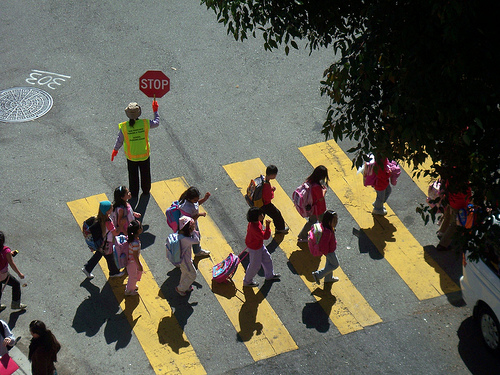
If you hear someone talk about being too connected on the web, you’re likely to expect a thesis on the dangers of Twitter or why Facebook is going to ruin us all. Not so, in today’s Book of the Day, OVERconnected: The Promise and Threat of the Internet by William H. Davidow. Instead of looking at oversharing personal information, Davidow points out larger issues like financial failings, natural disaster, and other events have become larger in how people feel their impact and how professionals react. Remember that Icelandic volcano that erupted last year? Would you have without the Internet constantly reminding you?
It’s an interesting look at how the connections we’re forced to have because of the Internet overload us into not only acting quick, but also perhaps has us sacrificing some caution. This book is good for those interested in social and interactive media, history, science, economics, and sociology.




/lc.gif&client=johnsonh)

/lc.gif&client=johnsonh)
/lc.gif&client=johnsonh)
/lc.gif&client=johnsonh)
